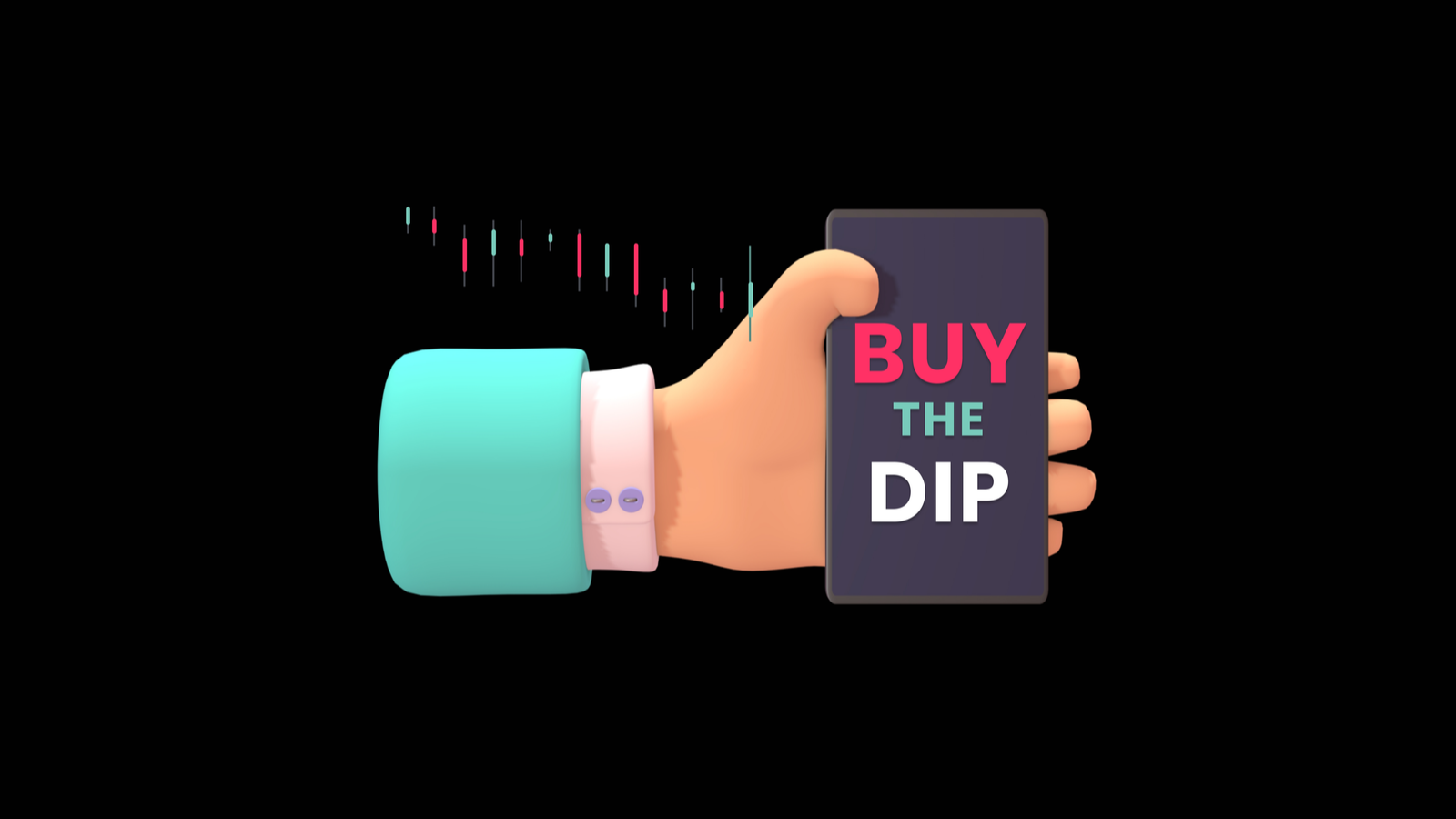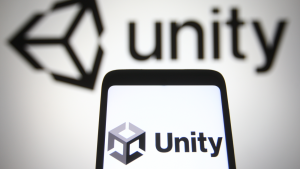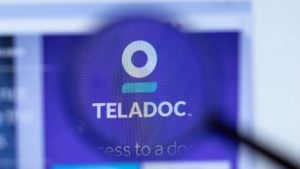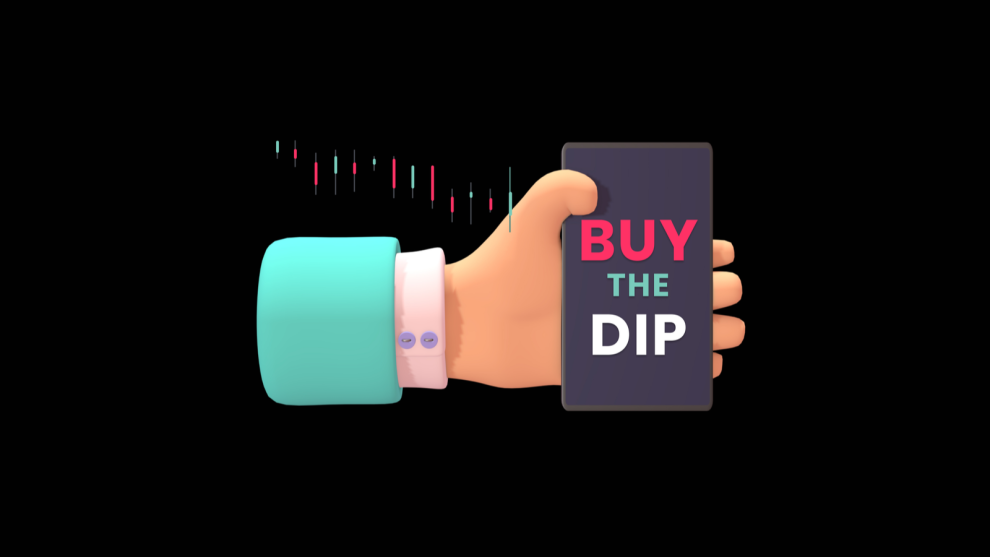
Three stocks might be considered potential opportunities to purchase stocks at a discount. These companies are involved in various industries, which makes solid ideas for possible recoveries and substantial profits.
The first, a market leader in application software, revealed overall revenue with a noteworthy increase in its strategic portfolio year-over-year (YoY). One of its sectors saw significant growth due to strategic alliances and subscription growth.
Meanwhile, with over $1 billion in cash on hand, the second one—a major participant in the healthcare technology industry—has the financial power to invest in cutting-edge technologies and overcome market obstacles. Due to its focused cost-saving measures, the company expects to save millions of dollars in 2024 and 2025.
Finally, driven by proactive inventory management and supply chain improvements, the third company reported a considerable boost in its gross margin. It operates in the clothes, accessories, and luxury goods sectors. With almost $1 billion in cash and a recently announced $500 million share repurchase program, the firm exhibits sound financial standing and optimism about its future.
Unity (U)

Unity’s (NYSE:U) first-quarter sales were $460 million, of which $426 million came from the strategic portfolio—a 2% YoY increase. Create Solutions’ sales in the strategic portfolio amounted to $133 million, indicating a robust YoY growth of 17%, propelled by subscriptions and strategic alliances. However, Grow Solutions’ revenue, part of the strategic portfolio, was $294 million, a 4% YoY decrease. To spur expansion in this market, Unity constantly aims to enhance the functionality of its monetization options.
Further, Unity’s EBITDA increased by $50 million YoY, indicating a notable improvement in profitability. This enhancement shows efficient operations and successful cost control. Like-for-like net income rose to about $100 million YoY, demonstrating Unity’s ability to enhance its financial position. Unity maintains strong client engagement and retention rates despite industry headwinds. Thus, positive customer feedback and retention show that Unity’s clientele is satisfied and loyal.
Lastly, Unity engages in mixed reality projects and has partnered with major companies like Apple (NASDAQ:AAPL) and Meta (NASDAQ:META). Therefore, this suggests that it can take market share in developing markets and boost revenue in the future.
Teladoc (TDOC)

With more than $1 billion in cash, Teladoc (NYSE:TDOC) has the financial flexibility to engage in growth projects. Teladoc stands out from rivals because of its solid financial standing, which enables it to make smart investments and successfully handle market difficulties. Moreover, the company has a target of $43 million in GAAP cost reductions for 2024 and a total of $85 million by 2025. Hence, these reductions are derived from several productivity and cost-cutting measures.
Additionally, compared to Q1 of 2023, when there was a net outflow of $32 million, Teladoc’s first-quarter free cash flow showed a net outflow of $27 million. Despite being a normally low cash flow quarter because of yearly incentive compensation payments, this increase in cash flow management shows improved operational efficiency and financial discipline.
Finally, Teladoc has had success cross-selling more services by utilizing the size of its installed base. Cross-selling to the current clientele accounted for two-thirds of bookings in Q1, while the remaining one-third came from new customers. Hence, adding new services improves customer retention while optimizing income from current members.
Under Armour (UAA)

In Q4 of fiscal 2024, Under Armour (NYSE:UAA) increased its gross margin by 1.7% to 45%. The gross margin grew to 46.1% for 2024, a 1.3% boost. Decreased product and freight costs resulting from supply chain improvements partly contributed to the increase in gross margin. Nevertheless, negative foreign exchange effects and a rise in direct-to-consumer marketing efforts somewhat countered this.
Moreover, adjusted SG&A expenditures in Q4, excluding particular costs such as litigation reserve fees, decreased by 5% to $546 million and by 2% to $2.3 billion for 2024. The decrease in costs suggests that the bottom line may improve shortly. By the end of Q4, inventory had dropped by 19% to $958 million. Hence, this demonstrates the company’s proactive approach to inventory management.
Lastly, with $859 million in cash at the end of Q4, Under Armour had no outstanding debt under its revolving credit facility. The corporation expressed confidence in its current situation and prospects by announcing a fresh $500 million share repurchase program.
On the date of publication, Yiannis Zourmpanos did not hold (either directly or indirectly) any positions in the securities mentioned in this article. The opinions expressed in this article are those of the writer, subject to the InvestorPlace.com Publishing Guidelines.





